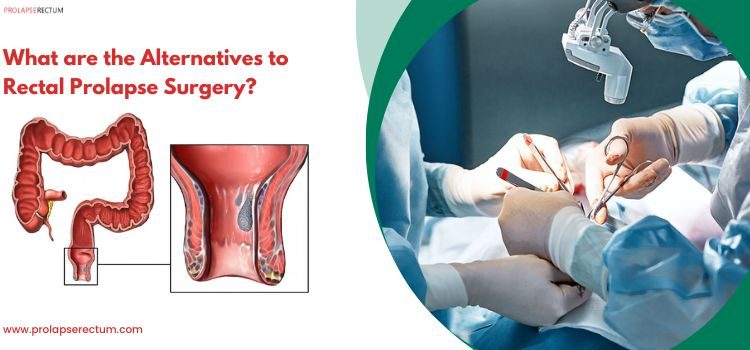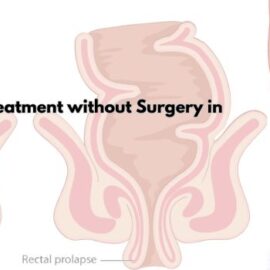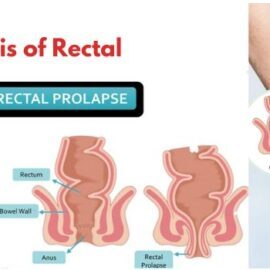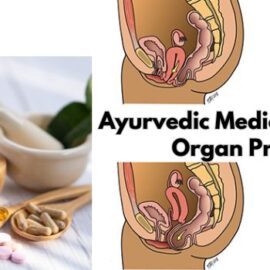
Treatment of rectal prolapse surgery is important, and the primary goal of this treatment is improvement in quality of life. Alternative treatments include pelvic floor exercises with strengthening of the muscles, dietary maneuvers to prevent constipation, and stool softeners found beneficial to treat this condition.
In some patients, physical therapy or Ayurvedic treatment make better control over muscle easier to achieve. These are nonsurgical methods that may provide management without surgery for mild symptoms.
Different Ways To Treat Rectal Prolapse Other Than Surgery
There are other treatments for rectal prolapse apart from surgery. In fact, some of these alternatives could bring relief and improve the quality of life. Here are the non-surgical methods to manage rectal prolapse:
- Lifestyle Changes: Balanced diet rich in fiber, hydration, and exercises would prevent constipation that would reduce straining during bowel movement, and regular exercise maintains a healthy digestive system and strength of muscles in the pelvic region.
- Pelvic Floor Therapy: Strengthening exercises, such as Kegels, strengthen the pelvic muscles and could prevent symptoms of prolapse from getting worse. Therapy is guided by a physiotherapist so that the muscle control and stability in the rectal area are enhanced.
- Biofeedback Therapy: This form of treatment involves the reconditioning of the muscles in the rectal area and pelvis to improve their reaction to the sensation of defecation. Biofeedback treatments are also techniques that allow the patient to learn how to functionally control over time their musculature.
- Ayurvedic Treatment: Ayurvedic treatment is the best alternative to cure problems like rectal prolapse. In this treatment option, doctors use medicine which is made by using ayurvedic herbs to cure various diseases naturally.
- Medication and Supplements: Over the counter stool softener and fiber supplement may help ease the pressure during bowel movements. Regular administration, following the advice of a doctor, is sometimes helpful in controlling the symptoms of prolapse.
The Bottom Line
There are many alternative options available for rectal prolapse other than surgery. It ranges from lifestyle changes, physical therapy in strengthening muscles, and medications to ease symptoms.



